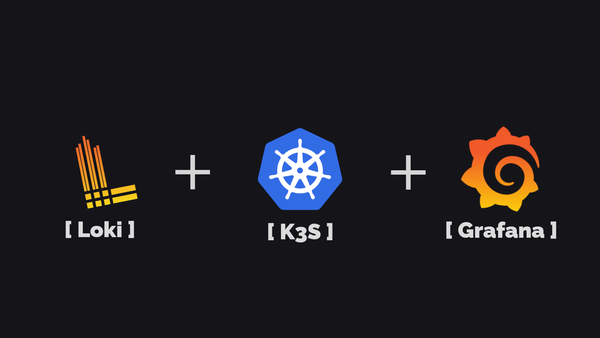Rust Lifetimes - The Borrow Checkers BFF

Ever felt like the Rust compiler is speaking a different language when it throws errors about lifetimes? Fear not, for we shall delve into the world of these enigmatic entities in a way that even your non-programmer friends might (almost) understand.
Imagine a library book. You borrow it, promising to return it before anyone else can. Lifetimes are like little librarian assistants who keep track of these borrowings. They ensure that no one tries to read a book you haven't returned yet, preventing utter chaos in the library (and your code).
Every reference in Rust has a lifetime, and here's the gist:
- Lifetimes are annotations that tell the compiler how long references are valid.
- They prevent dangling pointers (think of a lost library book - no reference, no way to find it!).
- Lifetimes are often implicit in simple cases, but become explicit when dealing with functions and complex references.
- Lifetimes and scopes are often confused to be the same, but remember, a reference's lifetime can be shorter than its scope.
Example 1: Simple Borrowing
fn print_first_word<'a>(sentence: &'a str) {
println!(
"First word: {}",
sentence.split_whitespace().next().unwrap()
);
}
fn main() {
let sentence = "This is a sentence";
print_first_word(sentence);
}Simple Borrow, explicit lifetime
In this example, the sentence reference in the print_first_word function has a lifetime denoted by 'a. The lifetime ensures the borrowed string (sentence) remains valid throughout the function's execution.
But these patterns are very common, the rust compiler can infer the annotations, reducing boilerplate code. so, below code works just fine,
fn print_first_word(sentence: &str) {
println!(
"First word: {}",
sentence.split_whitespace().next().unwrap()
);
}
fn main() {
let sentence = "This is a sentence";
print_first_word(sentence);
}Simple Borrow, implicit lifetime
Example 2: Borrowing and Scope
fn longest<'a>(x: &'a str, y: &'a str) -> &'a str {
if x.len() > y.len() {
x
} else {
y
}
}
fn main() {
let string1 = "Hello";
let string2 = "World";
let longest_string = longest(string1, string2);
println!("Longest string: {}", longest_string);
}
Borrowing and Scope
In this example, the longest function graciously accepts two references with the same lifetime 'a. This generic lifetime parameter is crucial because Rust can't discern if the reference being returned is actually x or y—and we're in the dark about which one is larger.
The lifetime annotation ensures both strings are valid for the function's duration. However, don't get too comfortable—the returned reference only lives as long as the shorter of the two input strings (string1 and string2) exists in scope. This underscores the disparity between lifetime and scope in Rust.
Example 3: Known lifetimes
fn search<'a>(query: &str, contents: &'a str) -> Vec<&'a str> {
let mut results = Vec::new();
for line in contents.lines() {
if line.contains(query) {
results.push(line)
}
}
results
}
fn main() {
let query = "man";
let contents = "\
No man is an island,
Entire of itself,
Every man is a piece of the continent,
A part of the main.";
let result = search(query, contents);
println!("query results {:?}", result);
}Known lifetime
In this example, the search function cruises through the lines in contents and hands us a vector of lines that contain our query. The key here is that the returned results vector remains valid for as long as contents is in the game. How is this achieved?
We assign a lifetime ('a) to both the contents parameter and the returned results vector. This ensures that all references to lines within results share the same lifetime as contents, preventing any reference mishaps.
The search function is like a respectful guest; it doesn't own the contents string, just hangs out for a bit via a reference. This means the lifetime of the returned references in results is tied to the lifetime of the original contents string.
Thanks to the compiler's watchful eye, we're golden. No references outlive their welcome and try to access lines that have already vacated the memory. Lifetimes, making sure things stay neat!
Conclusion
While lifetimes might seem like the compiler's overprotective friend at first, they are the key to Rust's legendary memory safety. So, the next time you encounter a lifetime error, remember the friendly librarian assistant keeping your code in check, and embrace the power of these seemingly complex concepts.
P.S. If you're still lost, there's a plethora of resources online to help you dive deeper.




